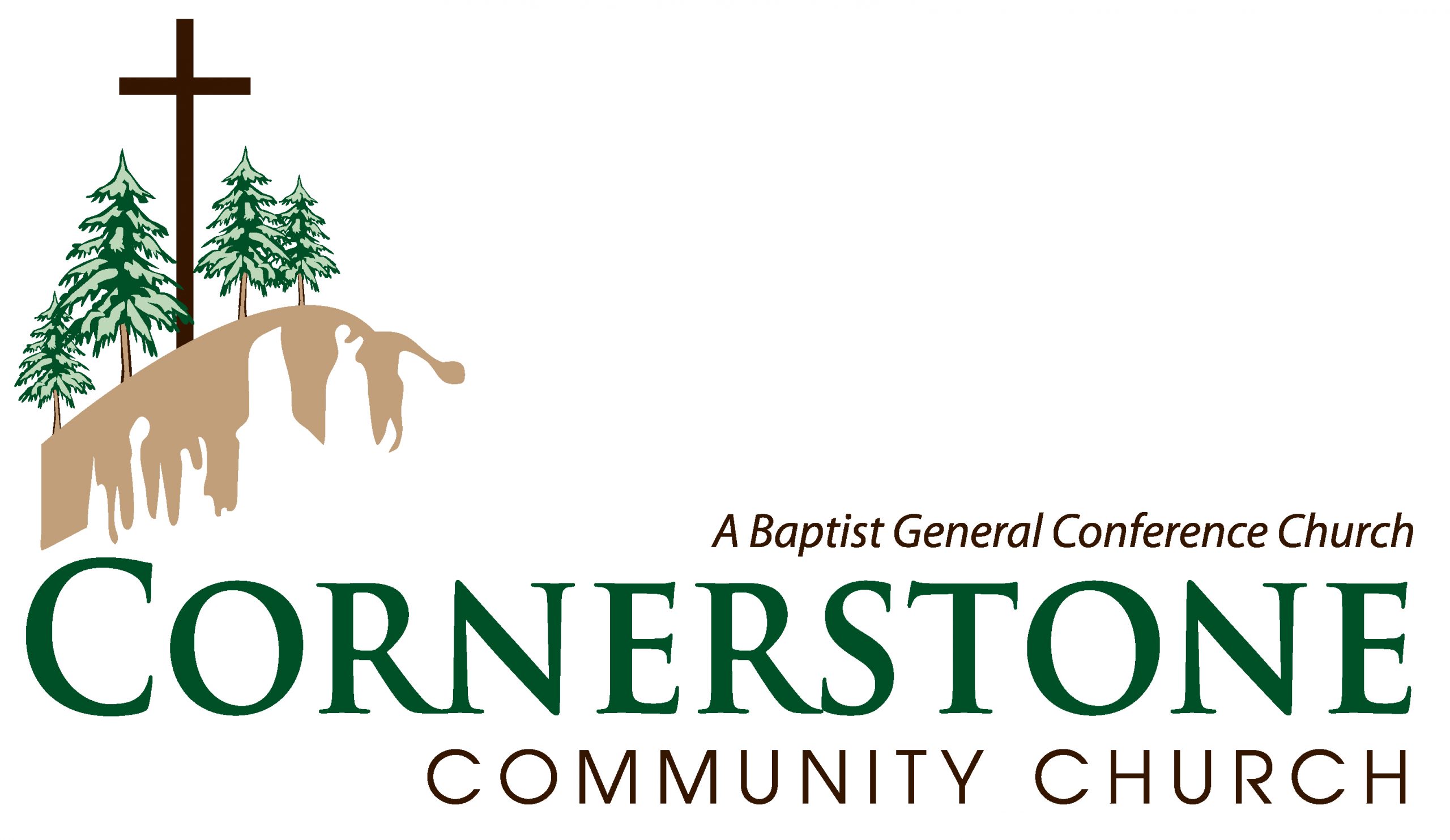Ancient Word, Present Impact
This post first appeared in the Cook County News-Herald Spiritual Reflections column, 3-7-2020.
Metanoia. It’s an ancient Greek word with a contemporary impact. Metanoia is the noun. Metanoeo is the verb. Metanoia means “repentance” in English. We translate the verb with the word “repent.” The word means to have a change of self (heart and mind) that abandons former dispositions and results in a new self, new behavior, and regret over former behavior and dispositions.
In today’s Western culture these words are rarely used. We mostly relegate repent and repentance to cartoon hermits in simple robes standing on street corners with oversize posters commanding that we repent for the end is near. We treat the subject as an object of rejection and derision. We convince ourselves we are fine as we are and have no need of regret or of change (unless, of course, we want the muscles of Atlas and should therefore stop binging on maple nut ice cream and spend more time at the Y.) Current culture seems to be okay with a change of appearance but rejects any need for a change of heart.
Isn’t it strange then that the first words of Jesus’ public ministry, as recorded in the gospel of Mark, are a call to repent? Now after John was arrested, Jesus came into Galilee, proclaiming the gospel of God, and saying, “The time is fulfilled, and the kingdom of God is at hand; repent and believe in the gospel (Mark 1:15, ESV).
The first sermon Jesus preaches calls for repentance. The first teaching Jesus offers commands not loving one’s neighbor or feeding the hungry or clothing the naked. Those all come later. Jesus’ first command, before He directs us to compassion and mercy, is to get our hearts and minds fully in the game on God’s side. Get right with God then do right to people. Repent.
Perhaps the reason we keep our distance from repentance is the negative admission it requires. Genuine repentance, the repentance the Bible presents, owns sin and our own sinful condition before God, and who wants to own up to being the bad guy in the grand scheme of things? Who wants to admit that there is one God, perfect in holiness, justice, and righteousness to whom we all, every one of us, is ultimately, personally accountable?
Embracing this truth about God and about ourselves is difficult for our pride, to say the least! It feels like failure. It feels like condemnation. It feels like a ton of bricks laid full force on the heart. And there’s no arguing with those feelings. That’s what guilt and shame over personal wrongdoing relative to God feel like when God confronts us with our culpability.
But. (You have to love that little word, don’t you?! It has the power to change everything!) But acknowledging guilt is only one dimension of what metanoia involves. Yes, repent means turning away or abandoning something BUT it always means turning to something else, something preferable, something better! Jesus’ sermonic call to repentance is not merely an utterance of divine condemnation of the state of things in the world and the hearts of people. It is a merciful and compassionate invitation to an infinitely gracious and glorious and eternal state of being!
“Everything is ready,” Jesus says. “The ultimate rule of God over all He created is near at hand,” he says. “There is good news that surpasses the bad news; good news worth believing,” he proclaims. And under these conditions Jesus invites us to repent, to turn away from the self-destructive, inherent evil that leads to death and turn to life. He calls us to repent and turn from sin, guilt, and shame to forgiveness, joy, and wholeness. He urges us to turn from selfishness to love, from sorrow to hope, from mere existence to real purpose, from slavery to sin and death to genuine freedom and eternal life.
God’s definitive revelation of metanoia (repentance) demands a final and unconditional decision on our part. “Repent” demands radical conversion, a transformation of nature, a definitive turning from evil, and a resolute turning to God in total obedience, yes. And that’s where the gospel comes in. The good news is that, through faith in Jesus Christ, God grants us repentance, the ability and the will to repent. This is not something we must do on our own for ourselves, but a grace God gives on account of Jesus to those who believe.
There is most surely a place for feeding the hungry, doing justice, loving mercy, but first we must learn to walk humbly with God and that requires repentance. The time is fulfilled, and the kingdom of God is at hand; repent and believe in the gospel.


No Comments